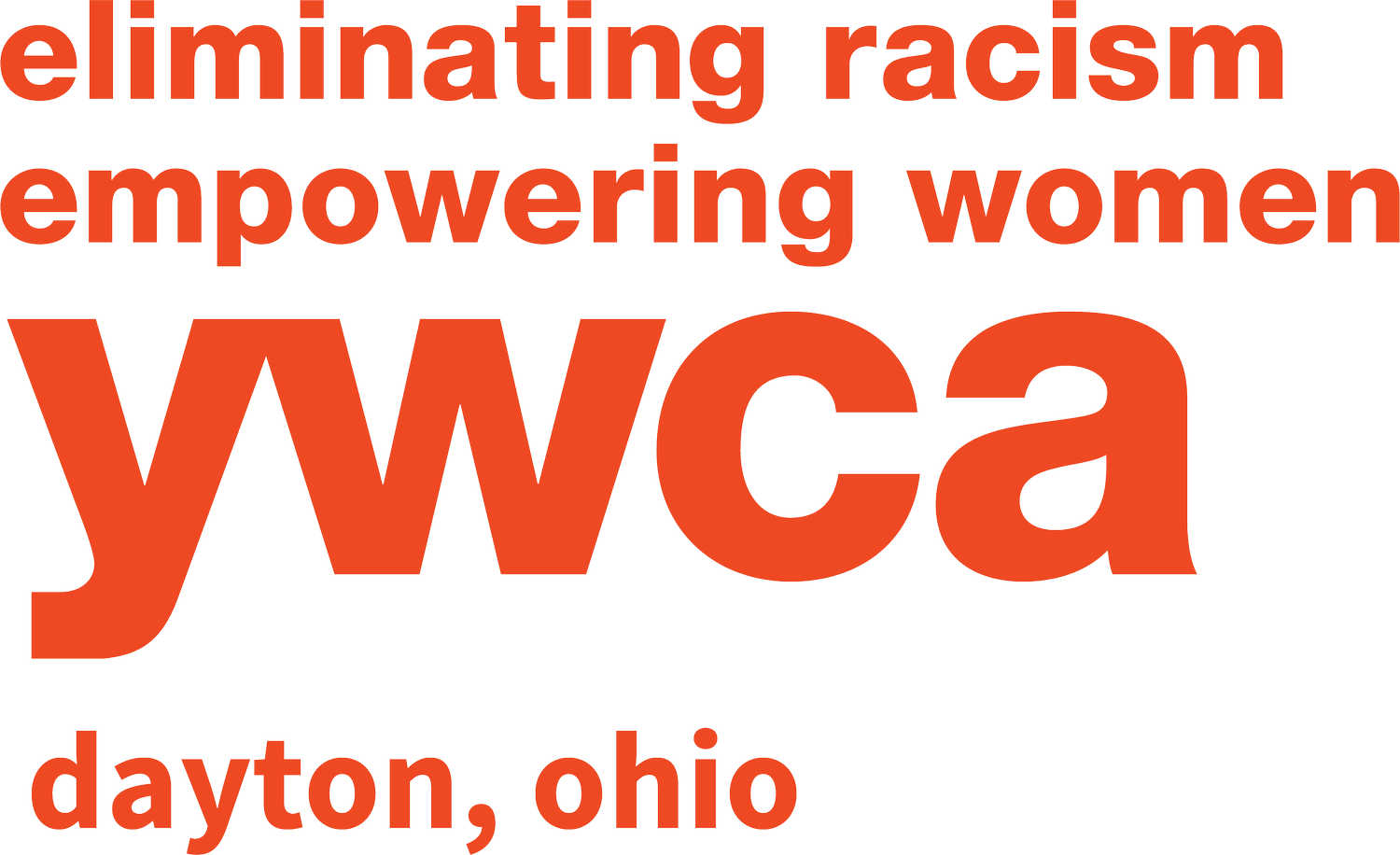What is financial abuse? Warning signs and how the YW can help
Financial abuse is a common and devastating aspect of domestic violence. Almost 99% of survivors report experiencing financial abuse.
Yet it's not always a well understood experience.
If your partner uses your credit card without asking, prevents you from working, withholds money or gives you an "allowance," those are all signs of financial abuse in a relationship.
YWCA Dayton is the only domestic violence shelter for Montgomery and Preble counties, with a 24/7 domestic violence crisis hotline at 937-222-SAFE, and we are here to help the community with financial safety planning and starting over.
The experience of abuse is different for every survivor. Thanks to the Allstate Foundation and it's Moving Ahead Curriculum, we can meet people in person to help make a financial safety plan, learn the skills that makes sense to their situation, and move forward into financial independence.
Starting Aug. 1, we'll have free workshops from 5-6:30 p.m. on Tuesdays using the Moving Ahead Curriculum, offered at our Central Building at 141 W. Third St., Dayton. We'll offer refreshments at the workshops and have volunteers with Wright-Patt Credit Union available to lead the evening. We can also connect community members with our other services and support groups.
Email advocacy@ywcadayton.org or call 937-461-5550 ext. 121 to register to attend. If you are in crisis, call 937-222-SAFE or chat online with our hotline team at ywcadayton.org. YWCA Dayton is thankful for the Allstate Foundation for their financial support, which makes it possible for us to offer help for survivors experiencing financial abuse.
"When we think about domestic violence, folks automatically think about the physical aspects of abuse," said Barbara Ward, Associate Director of Advocacy and Outreach at YWCA Dayton.
"They don't necessarily think about financial abuse. They don't necessarily think about being forbidden to work or cut out of financial decisions or the many other types of financial abuse. But supporting survivors means recognizing this type of abuse and calling it what it is: abuse. If we are survivor centered, we need to meet survivors needs for financial information and financial stability," she said.

